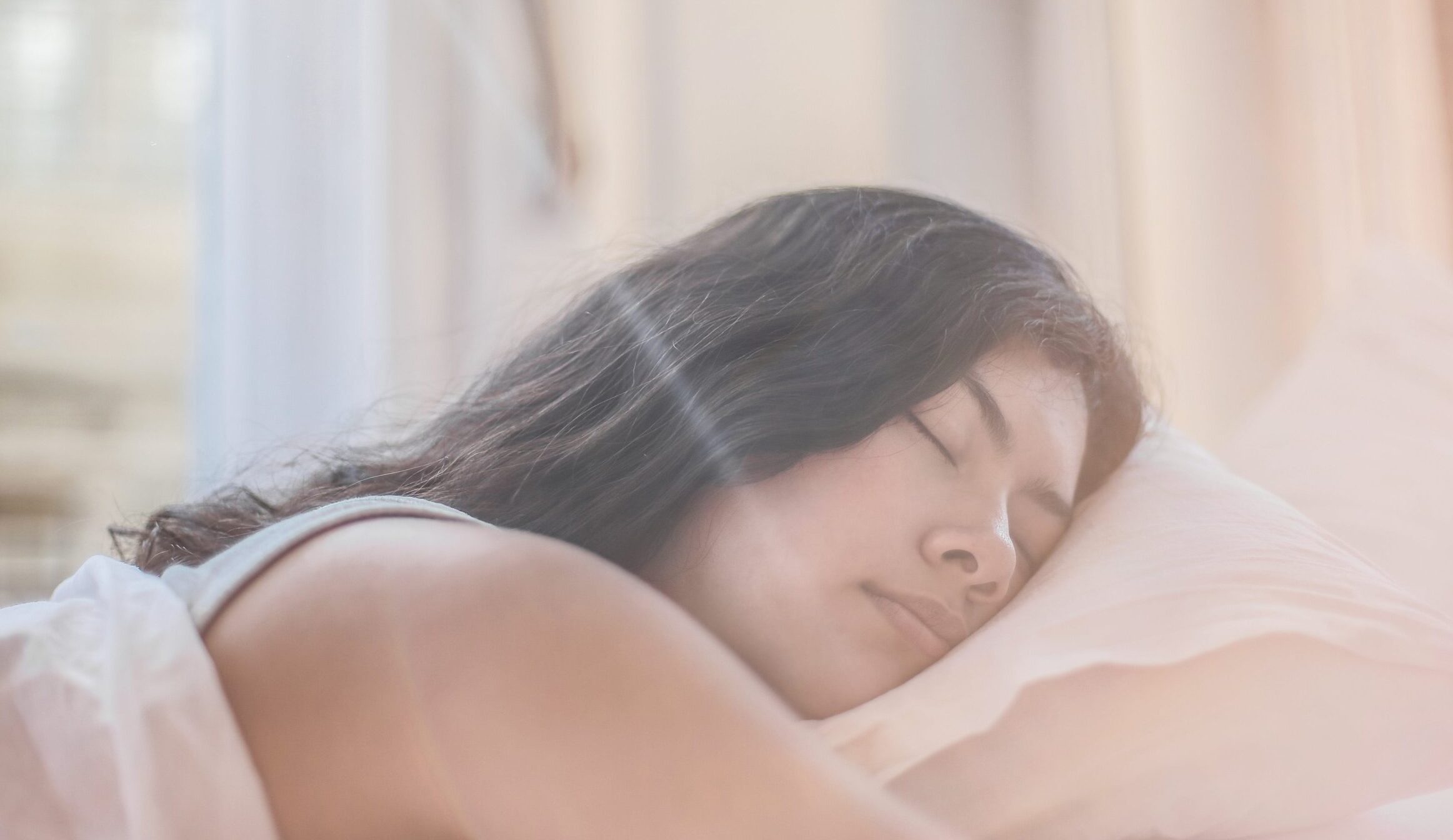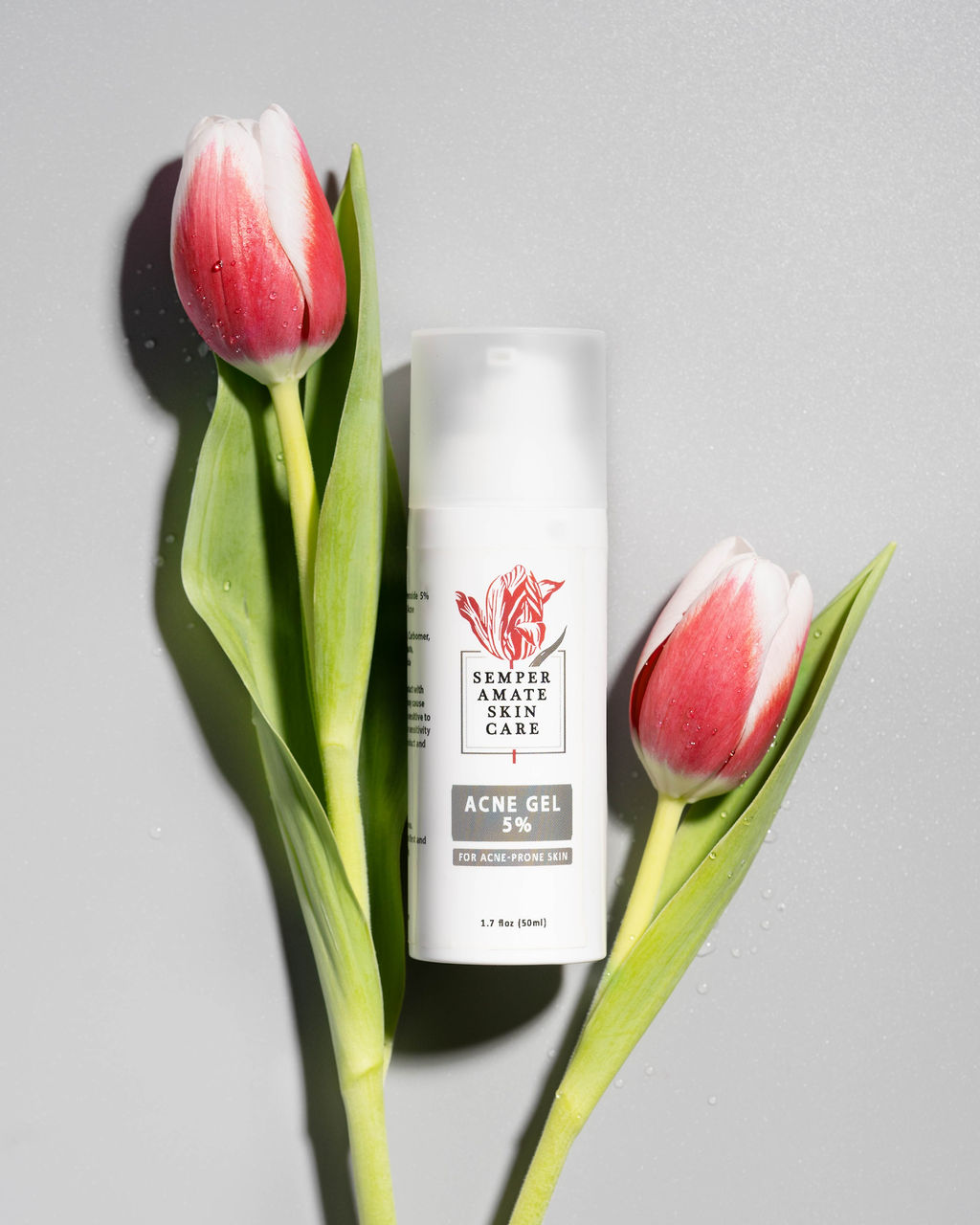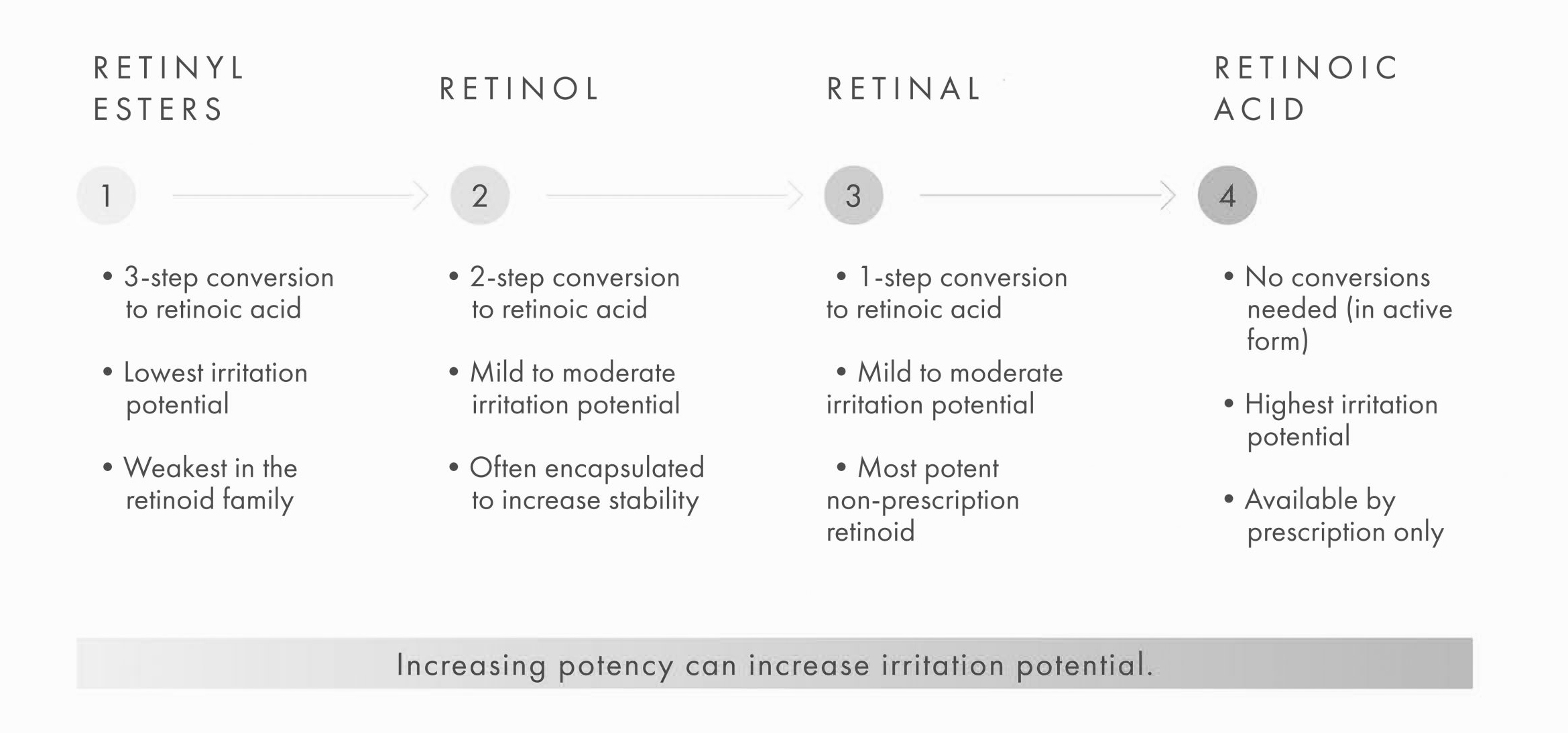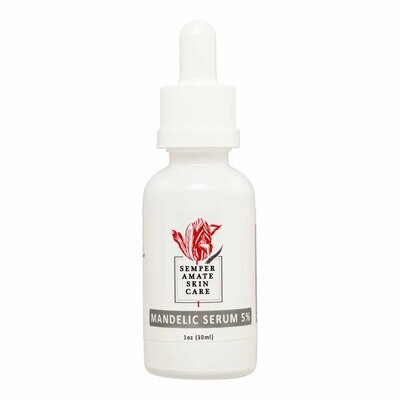Acne is a widespread skin condition that affects people of all ages. It can be…

Beauty Sleep: The Key to Healthy, Glowing Skin
Getting at least seven hours of sleep each night is essential for overall health and well-being. It improves mental tenacity, coping ability, metabolism, reduces stress, and boosts immune function.
But did you know that beauty sleep is also essential for healthy, glowing skin?
Acne is a common skin condition that affects people of all ages. While there are many factors that can contribute to acne, one of the most important is sleep.
When you don’t get enough sleep, your body produces more of the stress hormone cortisol. Cortisol can increase oil production and inflammation, both of which can lead to acne breakouts.
In addition, sleep deprivation can disrupt your skin’s natural repair process. This can make it more difficult for your skin to heal from acne lesions and can also lead to scarring.
As a result, your skin becomes imbalanced, leading to a dehydrated complexion, redness, and breakouts. Not only does not getting enough sleep negatively affect your body, but it also affects the moisture levels in your skin, decreasing them and also lowering your complexion’s pH levels. This can make your skin look less youthful and less radiant. When your skin’s pH levels drop, it creates an imbalance, preventing your skin from producing the moisture it needs. This can lead to dryness, unnecessary redness, uneven skin tone, and even breakouts.
The good news is that by sleeping longer, you give your skin a chance to repair, rebalance, and renew. This can help to calm most skin conditions, clear up breakouts, and improve your overall complexion.
So, if you want to achieve healthy, glowing skin, make sure to get your beauty sleep!
Tips for getting a good night’s sleep
If you’re having trouble getting enough sleep, there are a few things you can do to improve your sleep habits:
- Go to bed and wake up at the same time each day, even on weekends.
- Create a relaxing bedtime routine.
- Make sure your bedroom is dark, quiet, and cool.
- Avoid caffeine and alcohol before bed.
- Get regular exercise, but not too close to bedtime.
If you’re still having trouble sleeping, talk to your doctor.
Getting enough sleep is essential for overall health and well-being, and it can also help to improve acne. By following these tips, you can get the sleep you need to achieve healthy, clear skin.




